Scott Anderson1 Samuel 17:57-18:5, 10-16 † Psalm 133 † 2 Corinthians 6:1-13 † Mark 4:35-41 You can view a video recording of this sermon here. I had never before noticed the cushion. Did you catch it? Jesus was in the back of the boat, asleep on the cushion before they woke him up. That’s a peculiar detail that is included only in Mark. I mean, what are we talking about here? Was it some kind of flotation device or seat pad? Maybe it was something more practical for the skipper. I mean, how luxurious was this setup?
I did have to laugh though when I read this detail in my research: “… it is important to avoid a translation which would suggest that Jesus was so small or coiled up as to be able to sleep on a single pillow.”[i]
0 Comments
Scott AndersonIsaiah 56:1, 6-8 † Psalm 67 † Romans 11:1-5, 29-32 † Matthew 15:21-28
*A video form of this sermon can be found here or you can see the entire liturgy here. Is this boy happy? Scott AndersonJeremiah 20:7-13 † Psalm 69:7-18 † Romans 6:1-11 † Matthew 10:24-39
A video of this meditation can be found here. The Jeremiah text caught me this week. I’m sure it’s the moment, the week, the flood of events that have turned our hearts and our attention toward realities that have been in plain sight for centuries and yet less noticed by me, a white male with layers of privilege that buffer my experience. Perhaps you too. My mother never gave me “the talk.” There was no need. I remember, in fact, a night in Marietta Georgia while I was a seminary student. Barb and I were out with some friends—a professor of mine, actually and his wife. I was driving. It’s a blur almost 30 years ago now. I took a right, I think. And then flashing blue lights. Then that feeling in the pit of my stomach. We pulled over, and looking back now, it’s almost as if I was possessed. I was obstinate—I mean more than usual, if you can believe that! Rude even, to the officer. I don’t know why. I can’t even explain it. Even in the moment I had the feeling of floating outside of my body, watching myself, unable to control what I was saying. Perhaps I was embarrassed in front of these friends. There’s no excuse for it. Here’s the thing, though. The officer was professional. He responded in measured tones. The encounter ended, and we were on our way. Had a few factors been different, who knows what might have happened? A black mother knows. Many black mothers know all too well. I suspect, Jeremiah knows. …whenever I speak, I must cry out, I must shout, “Violence and destruction! Maggie Breen Exodus 19:2-8a † Psalm 100 † Romans 5:1-8 † Matthew 9:35-10:8 (9-23)
A video version of this sermon can be found here. These are the names of the twelve apostles: first, Simon, also known as Peter, and his brother Andrew; James son of Zebedee, and his brother John; 3 Philip and Bartholomew; Thomas and Matthew the tax collector; James son of Alphaeus, and Thaddaeus; 4 Simon the Cananaean, and Judas Iscariot, the one who betrayed him. Ordinary people. Middle eastern men compelled by the words and the actions of Jesus. Something happens when we say a person’s name. We remember their humanity. Perhaps it’s the names of people we have placed on a pedestal: Andrew, James, Mary, Tabitha. We say their names and we remember – human just like us. Perhaps it’s the names of people brutalized: Emmett, Trayvon, George, Charlene. We say their names and we remember – human just like us. Human with gifts and hopes. Humans: beloved of God. There is a phrase in this week’s gospel that with some other phrases in these sacred texts have been used by Christians over time to set humans apart. Scott AndersonGenesis 1:1-2:4a † Psalm 8 † 2 Corinthians 13:11-12 † Matthew 28:16-20 You may want to grab onto something and hold on for the next couple of minutes. This may be a bumpy ride, but worth it, I hope. We’ve been talking a lot these past few weeks since the death of George Floyd about systemic racism, and systems of oppression and privilege. This language may be new for some of us, and old hat for others, but I suspect it is a value for all of us, every now and then, to remember our story in the United States as one way of understanding these systems that support white supremacy. Here we go.[i] Scott AndersonFlow. That’s the imprecise, yet perfect word that science uses to refer to what happens when you’re in the zone. Dr. Girija Kaimal explains it this way in a recent NPR piece: “It's that sense of losing yourself, losing all awareness. You're so in the moment and fully present that you forget all sense of time and space.”[i] Teresa Platin recommended the article for our fascinating Digging Deeper conversation last Tuesday. She invited us to reflect together about our experience with creativity in these uncertain and stressful times.
Flow. We know the concept, I suspect. It’s not just artists that experience it. Athletes know it, and, writers, and the scientists who coined the phrase. We’ve all had those moments, I suspect, when we are so deeply engaged in something, when all our energy, when body, mind, and spirit are so devoted that we lose track of all time. We become one with the thing. Scott AndersonActs 2:14a, 22-32 † Psalm 16 † 1 Peter 1:3-9 † John 20:19-31
A video version is available here. One of my favorite TV shows was Modern Family. A few weeks ago it wrapped its final episode after eleven seasons. At its best, the show combined great slapstick and physical comedy with some beautiful and, sometimes, even inspiring sentiment. One memorable episode way back in season five was titled “Australia.” Phil Dunphy went to Australia for a vacation because he had been conceived there, and his mother had always wanted him to go and visit. He’s finally decided to go fulfill her dying wish, and the rest of the family decides to tag along. The problem is that things don’t go very well for Phil. As soon as they arrive, he has an allergic reaction to a local fruit. Then he gets stung by a jelly fish. Then, in one of the best physical bits I’ve seen in a long time, he gets punched in the eye by a kangaroo that he thinks is the spirit of his mother. That’s worth the half-hour all by itself. Scott AndersonMatthew 21:1-11 † Psalm 118:1-2, 19-29
I suspect it is good for us to remember, especially on a day like today, that where we start is not where we end. It’s true of this infection curve that has become so ubiquitous to our Facebook feeds and news casts; it’s true of the limitations we are being asked to put on our movements and interactions; and it is true of this story of a parade and the tightly-packed cheering, chanting, dizzy crowd that may cause you to squirm as much as it does me, alert and militant in our commitment to social distancing and to the prevention of spreading this infection to our neighbors and loved ones. But here we are at the beginning of a Holy Week that is going to get even more crowded and super-heated than it already is here among the palms and coats and shouts, before we find ourselves just a week from now amidst the quiet of dawn and a garden and a tomb that is empty of even its one quarantined resident. Maggie BreenIsaiah 58:1–12 † Psalm 51:1-17 † 2 Corinthians 5:20b—6:10 † Matthew 6:1-6, 16-21 Does God think we’re her keeper? It’s a bold question. I watched her go uncelebrated into the second grade, A greenless child, Gray among the orange and yellow, Attached too much to corners and to other people's sunshine. She colors the rainbow brown And leaves balloons unopened in their packages. Oh, who will touch this greenless child? Who will plant alleluias in her heart And send her dancing into all the colors of God? Or will she be left like an unwrapped package on the kitchen table -- Too dull for anyone to take the trouble? Does God think we're her keeper?
Scott Anderson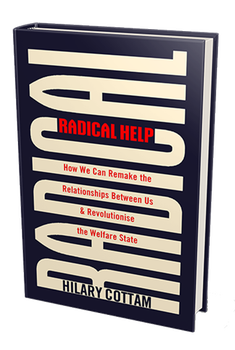 This is Hilary Cottam in a TED talk from 2015.[i] She’s a social entrepreneur whose been thinking much of her life about how we solve some of these deep and complex social problems that have been perplexing us for some time now. She has a new book out, called Radical Help[ii] that takes a deep dive into the welfare state and how we might remake it. As you can tell, she’s doing her work in Great Britain, and has spent most of her life in Europe and Africa exploring these questions. But I think her work speaks to our own experience in the states as well, and to the needs for many of our institutions to adapt to changing realities. In her presentation, Cottam goes on to provide a pretty stark picture of how the system as it currently is does not serve Ella well or others in similar circumstances, but may, in fact, work to keep them imprisoned in a cycle of despair, even as the people and the institutions they serve were and continue to be well-intentioned. |
St. Andrew SermonsCategories
All
|
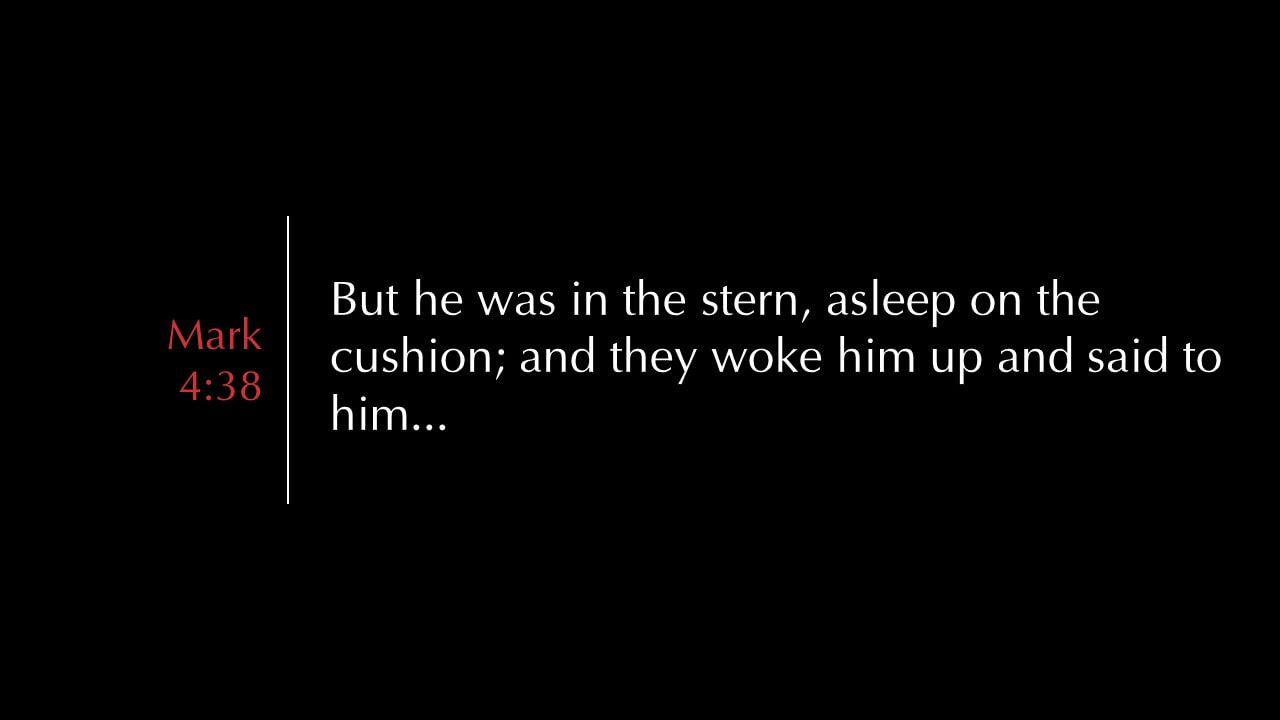
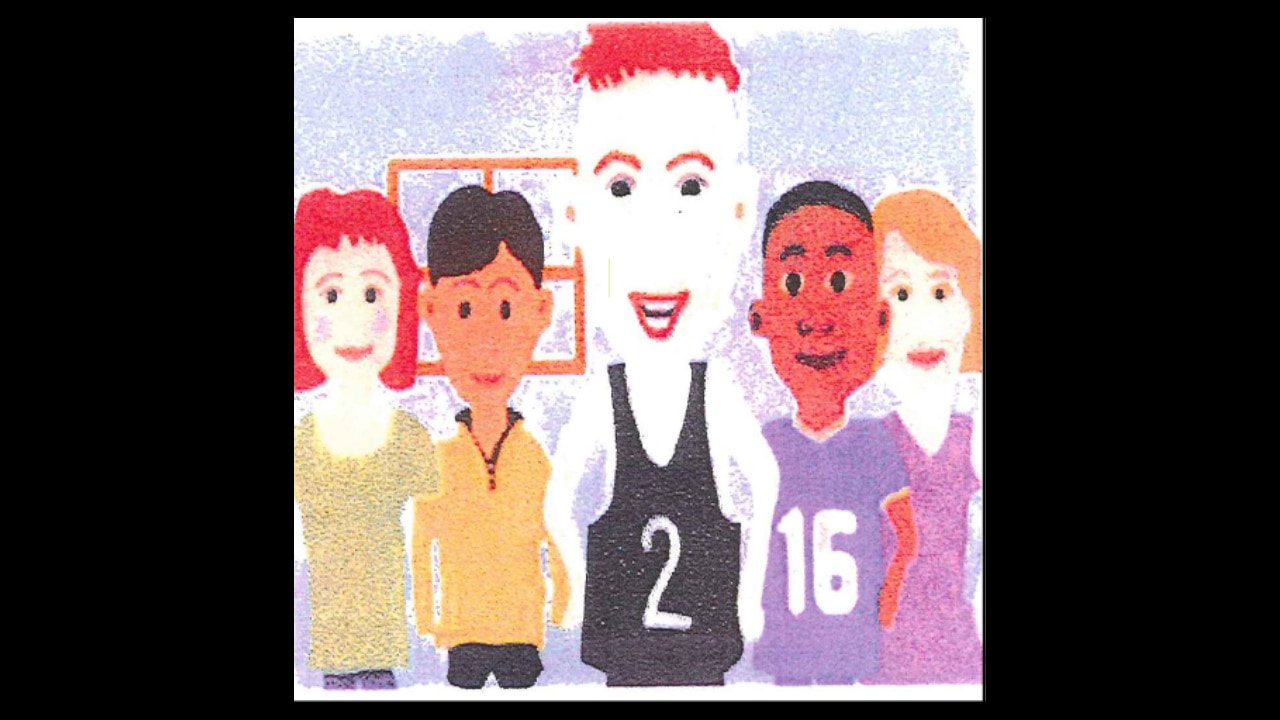
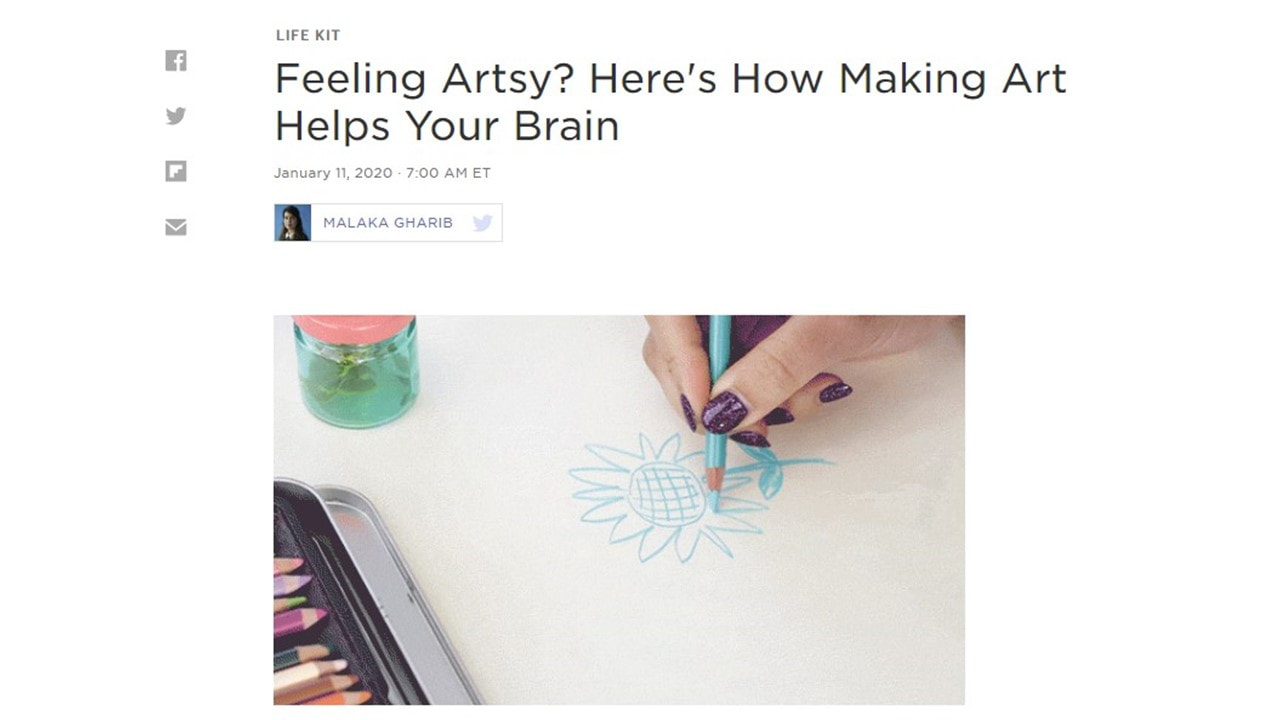
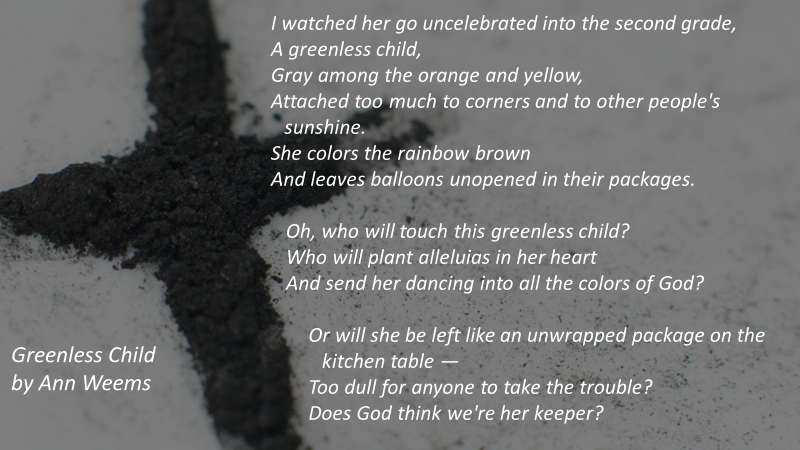
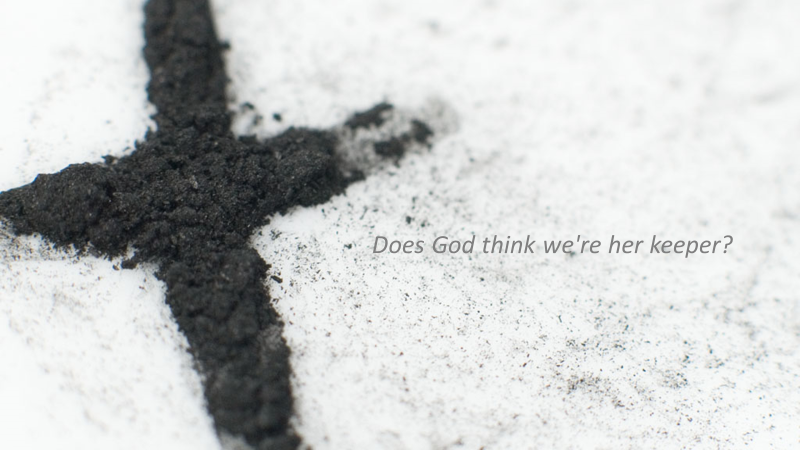
 RSS Feed
RSS Feed